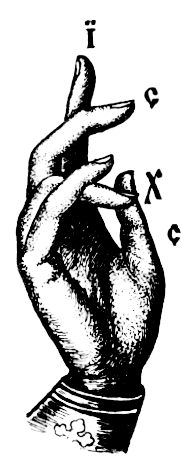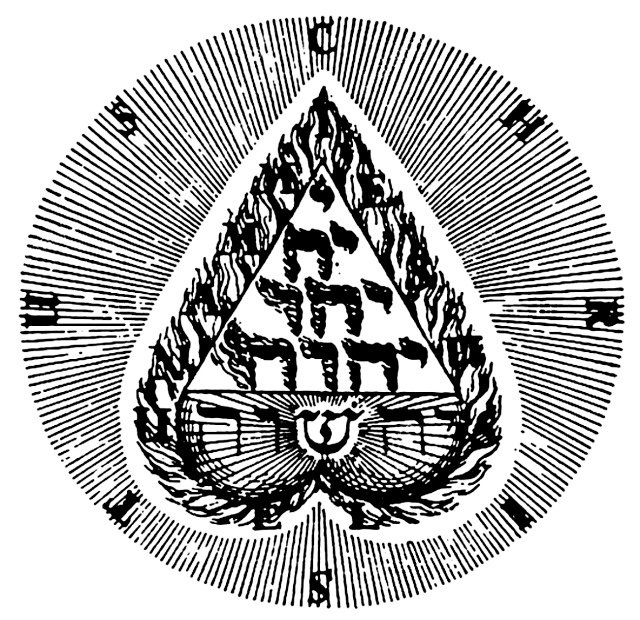Yeshua Hidden in Psalm 5:2
- טימותי לורנס
- Mar 14, 2022
- 3 min read
Updated: Dec 8, 2022
I wanted to make a quick post and share something that HaShem led me to discover this past Shabbat. After praying for Chochmah and Binah (Wisdom and Understanding), I was studying scripture and randomly ended up on The Book of Psalms, Chapter 5 - Verse 2, which states the following:
“Hearken unto the voice of my cry, my King, and my God: for unto thee will I pray.” - Psalm 5:2
In Jewish Metaphysics, there are three ancient approved methods used to rearrange words and sentences in the Bible in order to derive hidden meaning and to illuminate esoteric spiritual meaning of the words. These three methods are called, Gematria, Notarikon and Temurah; which have all been covered in several of my previous posts. In this particular post, Temurah is the method that we will be concerned with.
The style of Temurah that I've used used here is essentially equivalent to what we know in English as an Anagram, which is defined as a word or phrase formed by rearranging the letters of a different word or phrase, typically using all the original letters exactly once. A couple examples of anagrams would be how the words “binary “ could be rearranged to spell “brainy” and the word “adobe” rearranged to spell “abode”. Another cool example is the following anagrammatic answer to Pilate's question, “Quid est veritas?” (Latin: What is truth?), when rearranged it says, “Est vir qui adest” (Latin: It is the man who is here). These methods are widely used and accepted by Jewish Mystics and Scholars, as G*d’s Word is not linear, as ours is.
That being said, let’s examine this particular verse in Hebrew.

The Hebrew word that King David used here that we define as “to cry” is “Sheva” ( שוע ), spelled in this verse here as ( שועי ) - which is the conjugated version of this word, which translates to “of my cry”.
This is Strong’s Hebrew Number 7773 (which is a very perfect number itself, refer to my “Our Creator’s Fingerprint” post to venture down that rabbit hole…yet I digress). This particular word is a Hapax Legomenon, which I’ve covered in several previous posts as well, which is a Greek term that refers to a word that appears uniquely in one place in the original texts of the Old and New Testaments. I believe that King David had divinely chosen this particular word in order to illuminate an entirely different message here.

Using Temurah, “Sheva” ( שועי ) can simply be arranged as ( ישוע ), Yeshua, which we all know is the Hebrew name of Jesus; which literally means Salvation. Many times when we rearrange these Hebrew words like this, the sentence will no longer make literal sense, but this is a truly remarkable situation where this change makes perfect sense and is grammatically correct. I believe this verse should be read as the following:
הקשיבה ׀ לקול ישוע מלכי ואלהי כי־אליך אתפלל׃
By rearranging ( שועי ) to ( ישוע ), this verse now reads as:
“Hearken unto the voice of Jesus, My King and God: for unto Thee I Will Pray.”
Below is the screenshot where I double-checked this for grammatical accuracy.

I personally believe that this is why King David used this particular word the way that he did in this verse. It’s really no big surprise as King David prophesied Yeshua in other Psalms as well (see Psalm 22 for the best example).
Pray for greater illumination and for Chochmah and Binah whenever you study G*d’s Word and he will bring it to life for you. I believe that we’re most likely in the last days as I see regular people like me awakening and being uplifted to new levels of understanding all around the world. It was prophesied by Daniel that this would be the case in the following verse:
“But you, Daniel, shut up the words and seal the book, until the time of the end. Many shall run to and fro, and knowledge shall increase.” - Daniel 12:4
Much Love and Blessings!
חסד ושלום עליכם והרבה אהבה וברכות


















Comments